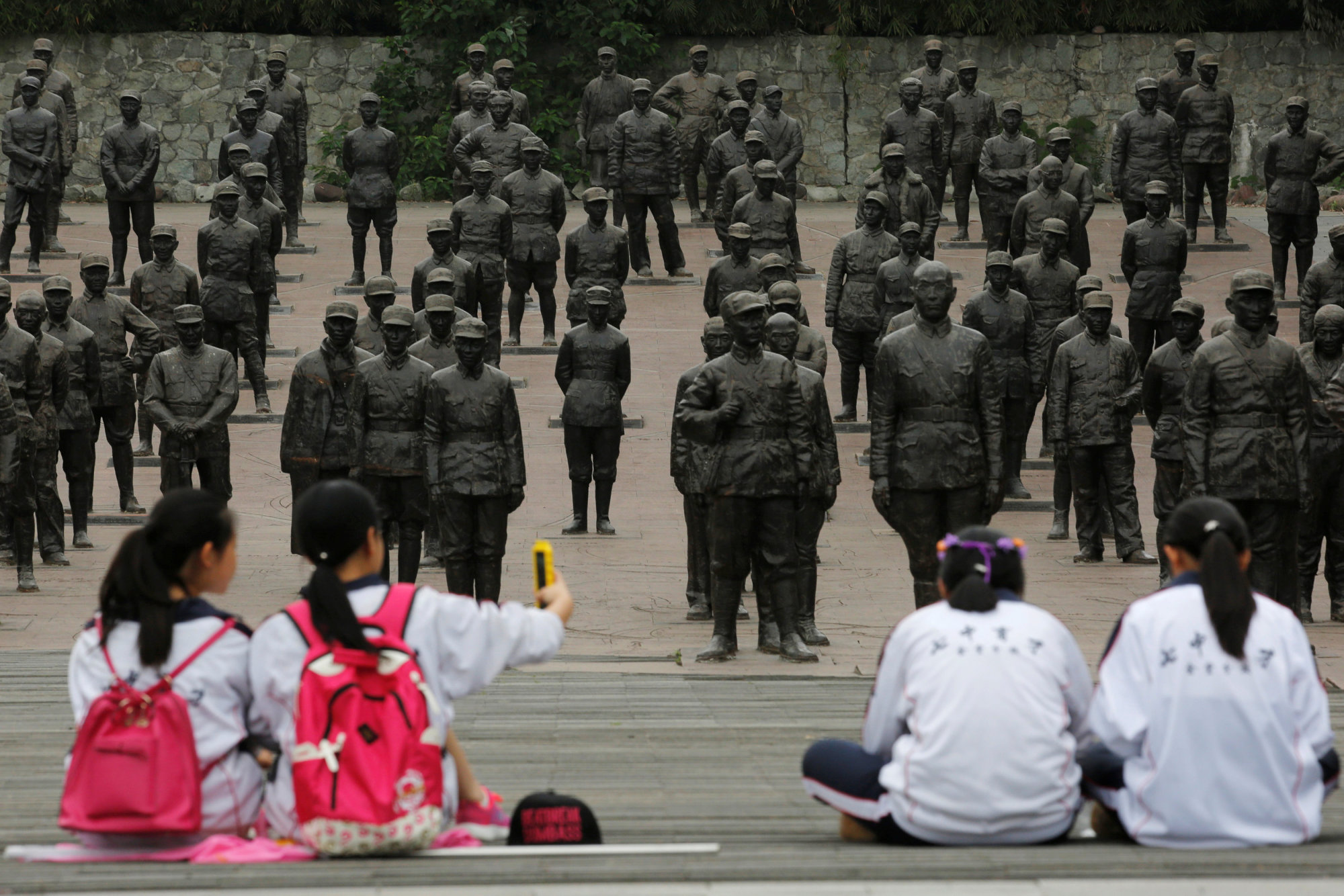At a recent conference funded by the Toshiba Foundation on the media's role in representing the shared wartime past in East Asia, scholars and journalists gathered at Cambridge University to assess the current state of play.
In general, the gathered academics understood the demands of the media, appreciating the need for brevity and timely responses. There was a funny moment, however, when one scholar suggested a way to improve journalistic coverage of controversial historical issues. In his view, reporters need to develop more systematic and rigorous conceptual frameworks as a means of contextualizing ongoing battles over history! One reporter pointed out quite sensibly that there are tight deadlines and journalists are writing for tomorrow's readers, suggesting that applying academic methods to news writing wasn't practical.
There is an asymmetry in regional media autonomy from the state that has implications for how the past is reported. The Chinese media — traditional print, broadcasting and social — are beholden to the state, operate under very strict regulations and are subject to censorship. Over the past few decades, the Chinese government has embraced patriotic education as a means of bolstering a unifying national identity and the legitimacy of the Chinese Communist Party (CCP).



